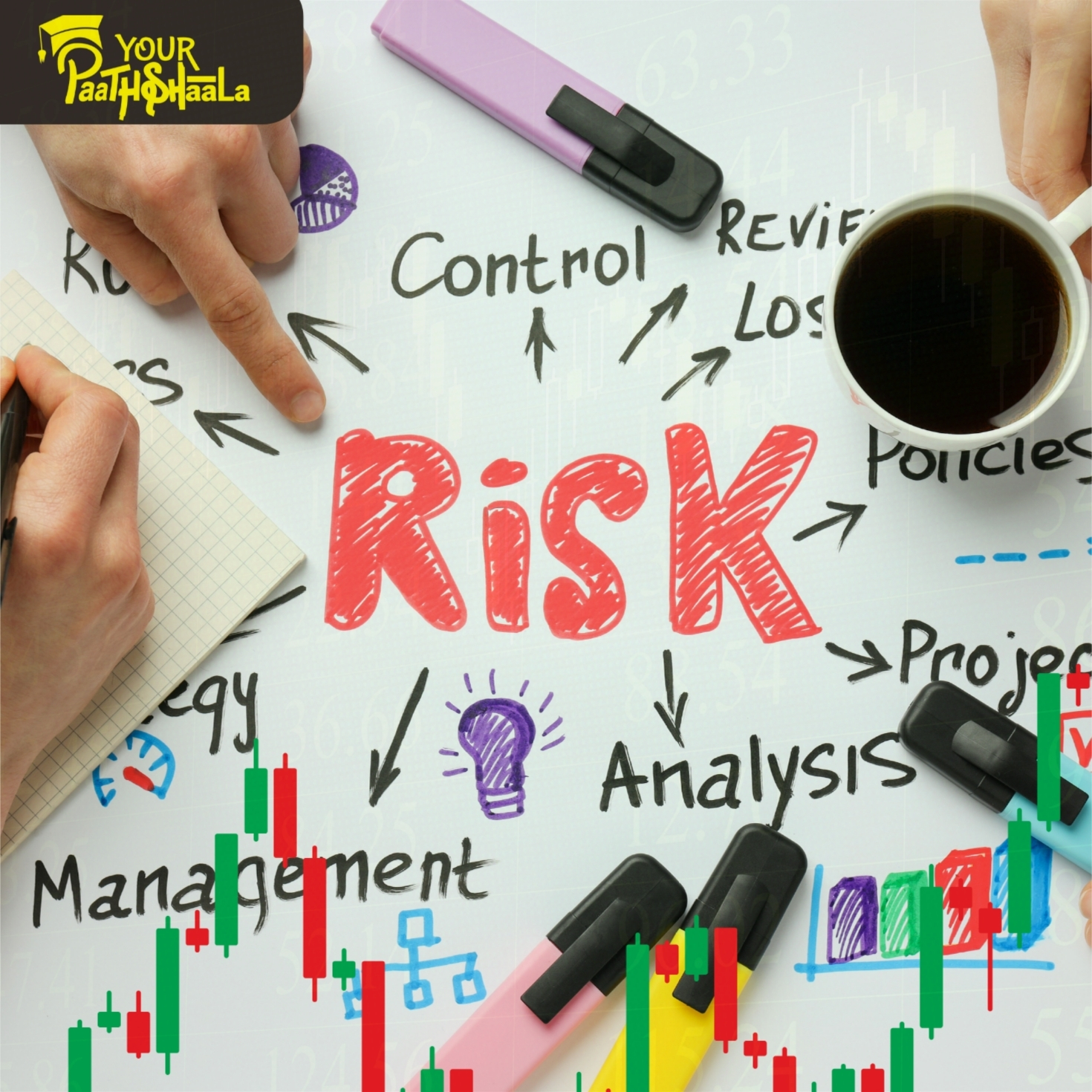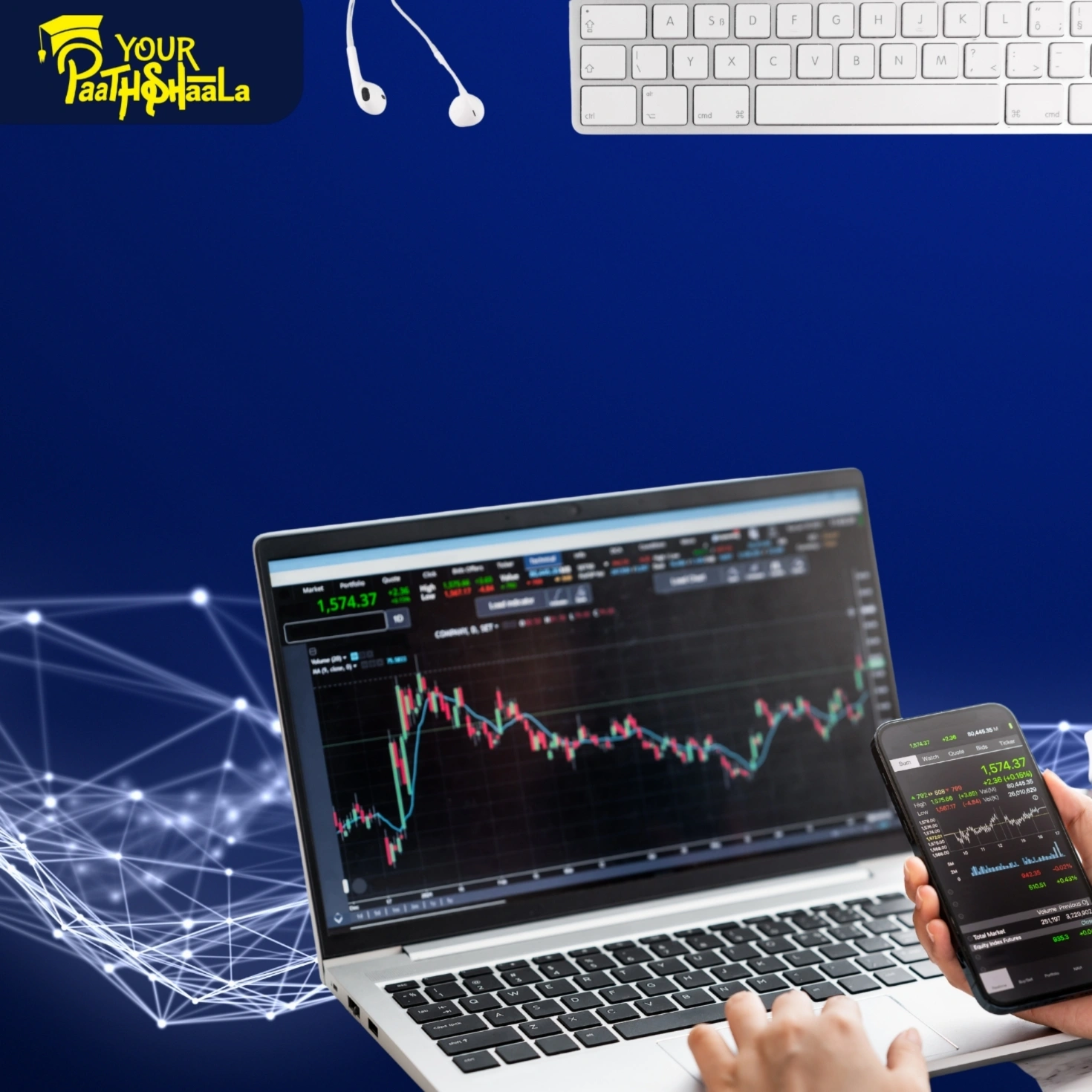The Future of Financial Technology (FinTech): How Innovation Is Shaping the Next Era of Finance
Financial technology, or FinTech, is revolutionizing the way we manage money, invest, and interact with financial services. As we move further into 2025, the pace of innovation has accelerated, bringing transformative changes to everything from banking and payments to investing and wealth management. For investors, professionals, and everyday consumers, staying updated on the latest FinTech trends is not just useful—it’s essential for gaining a competitive edge in a rapidly evolving marketplace1.
In this comprehensive, SEO-friendly guide, we’ll explore what FinTech is, highlight the most impactful innovations like blockchain and artificial intelligence (AI), and explain how embracing these technologies can help you stay ahead in the world of finance.
What Is FinTech?
FinTech refers to the integration of technology into financial services. It encompasses a wide range of innovations designed to enhance, automate, and democratize financial activities. From mobile banking apps and digital wallets to robo-advisors and peer-to-peer lending platforms, FinTech is making financial services faster, cheaper, and more accessible than ever before.
Key Innovations Driving the Future of FinTech
1. Blockchain and Cryptocurrencies
Blockchain technology is the backbone of cryptocurrencies like Bitcoin and Ethereum. It offers a decentralized, transparent, and secure way to record transactions. Beyond digital currencies, blockchain is being used for smart contracts, supply chain management, and even tokenizing real-world assets.
Why it matters:
Reduces fraud and enhances security
Enables faster, cheaper cross-border payments
Opens new investment opportunities through decentralized finance (DeFi)
2. Artificial Intelligence and Machine Learning
AI is transforming everything from credit scoring to investment management. Machine learning algorithms analyze vast amounts of data to identify patterns, predict market trends, and automate trading strategies.
Key benefits:
Personalized financial advice via robo-advisors
Improved fraud detection and risk management
Smarter, faster investment decisions
3. Digital Payments and Mobile Banking
The rise of digital wallets, contactless payments, and mobile banking apps has made managing money more convenient than ever. In 2025, cashless transactions and instant payments are the norm in many parts of the world.
Impact:
Increases financial inclusion
Reduces transaction times and costs
Enhances user experience with seamless interfaces
4. Robo-Advisors and Automated Investing
Robo-advisors use algorithms to build and manage investment portfolios based on individual goals and risk tolerance. They make investing accessible to more people by lowering fees and removing the need for large minimum balances.
Advantages:
Low-cost, diversified investment solutions
Automatic portfolio rebalancing
Accessible 24/7 from any device
5. Peer-to-Peer (P2P) Lending and Crowdfunding
FinTech platforms connect borrowers directly with lenders or investors, bypassing traditional banks. This democratizes access to credit and enables entrepreneurs to raise funds more efficiently.
Benefits:
More competitive interest rates
Greater access to capital for small businesses and individuals
Diverse investment opportunities
How FinTech Is Reshaping Investment Strategies
1. Enhanced Access to Markets
FinTech has lowered barriers, allowing more people to invest in stocks, bonds, cryptocurrencies, and alternative assets. Fractional shares, digital platforms, and global access are empowering retail investors like never before.
2. Data-Driven Decision Making
With AI and big data analytics, investors can now analyze market trends, company performance, and risk factors in real time. This leads to smarter, faster, and more informed investment decisions.
3. Algorithmic and High-Frequency Trading
Automated trading systems use complex algorithms to execute trades at lightning speed, exploiting market inefficiencies and reducing human error. These tools are increasingly available to individual investors, not just institutions.
4. Sustainable and ESG Investing
FinTech platforms are making it easier to track and invest in companies with strong Environmental, Social, and Governance (ESG) practices. Investors can align their portfolios with their values using transparent data and ratings.
The Competitive Advantage of Staying Updated
Staying informed about FinTech trends gives investors and professionals a significant edge. Those who embrace new technologies can:
Identify emerging investment opportunities early
Manage risk more effectively with advanced tools
Enhance portfolio performance through automation and analytics
Adapt quickly to regulatory and market changes
Ignoring FinTech innovations, on the other hand, can leave you behind as markets and consumer expectations evolve.
Challenges and Considerations in the FinTech Revolution
While FinTech brings many benefits, it also introduces new challenges:
Cybersecurity Risks: As more financial activity moves online, protecting data and assets from cyber threats is critical.
Regulatory Uncertainty: Rapid innovation often outpaces regulation, creating uncertainty for businesses and investors.
Digital Divide: Not everyone has equal access to technology, which can widen gaps in financial inclusion.
Being aware of these challenges helps you make better decisions and choose trustworthy platforms.
The Future of FinTech: What to Expect
Looking ahead, several trends are likely to shape the next phase of FinTech:
Integration of AI and Blockchain: Expect more platforms to combine these technologies for smarter, more secure financial solutions.
Expansion of DeFi: Decentralized finance will continue to grow, offering new ways to borrow, lend, and invest without traditional intermediaries.
Personalized Financial Services: AI-driven customization will make financial advice and products even more tailored to individual needs.
Global Collaboration: Cross-border payments and investments will become faster and cheaper, connecting markets worldwide.
Frequently Asked Questions
Q: What is FinTech, and why is it important?
FinTech stands for financial technology. It’s important because it makes financial services more efficient, accessible, and innovative, benefiting consumers and investors alike.
Q: How can investors benefit from FinTech?
By using digital platforms, robo-advisors, and AI-driven tools, investors can access new markets, lower costs, and make smarter investment decisions.
Q: Is blockchain only about cryptocurrencies?
No. Blockchain technology has many applications beyond cryptocurrencies, including supply chain management, digital identity, and secure record-keeping.
Q: Are there risks to using FinTech platforms?
Yes. Cybersecurity, regulatory uncertainty, and platform reliability are key risks. Always research and choose reputable providers.
Conclusion: Embrace the Future of Finance
FinTech is transforming the financial landscape at an unprecedented pace. By staying informed and open to innovation, you can leverage new technologies to enhance your investment strategy, manage risks, and unlock new opportunities. The future belongs to those who adapt and evolve with the times.
Ready to Master FinTech and Modern Investing?
If you want to stay ahead of the curve, build practical skills, and understand how technology is reshaping finance, expert guidance can make all the difference.
Visit YourPaathshaala
Near 🏥 Anjali Children Hospital, Tagore Nagar, Mathpurena, Raipur.
📫 PIN code: 492001, Chhattisgarh
📞 Click the Call Now to contact us!
Take your financial knowledge to the next level with YourPaathshaala—your trusted partner for investment education and market insight.







